United Airlines Pilots Overwhelmingly Reject New Contract
by Daniel McCarthy
Photo: Songquan Deng / Shutterstock.com
The turmoil amongst labor unions representing airline pilots and U.S.-based carriers continued this week.
Earlier in the week, United pilots represented by the Air Line Pilots Association (ALPA), voted overwhelmingly to reject a tentative agreement with the carrier. ALPA said that almost 10,000 United pilots participated in the vote, and 94% of them voted against the proposal.
The proposal, according to ALPA, “fell short of the industry-leading contract United pilots have earned and deserve after leading the airline through the pandemic and back to profitability.” United pilots are seeking better pay and better scheduling, and the proposal, according to reports, would have given pilots somewhere close to a 15% raise over the next 18 months.
“It is vital United management recognizes that an industry-leading contract is required to hire, train, and retain the best pilots in the world for the United Next growth plan to success,” United Master Executive Council chair Capt. Mike Hamilton said in a statement.
Just like the Delta vote this week, the rejection of the proposal by United pilots doesn’t mean that a strike is imminent— United pilots in ALPA are planning to organize informal pickets in light of the rejection—but it does show the continued fallout from labor shortages coming out of the pandemic.
Because of forced and unforced retirements by pilots during 2020 and into 2021, as capacity was slashed drastically, carriers are increasingly competing for labor, and the unions that represent almost all major U.S. carriers are negotiating in light of those shortages.
Aside from Delta and United, unions that represent American Airlines and Southwest Airlines, along with pilots from FedEx, have all either rejected new union contracts or turned to federal mediation to close the gaps in negotiations. Unions continue to cite both an increase in airline profitability and larger pay bumps from regional carriers who are more desperate for pilots, as reasons for the rejections.
Representatives from Delta, for instance, said that negotiations, which originally started in April 2019 and were then put on hold for the pandemic before resuming in January 2022, have dragged on too long.
“Today, Delta’s nearly 15,000 pilots sent a clear message to management that we are willing to go the distance to secure a contract that reflects the value we bring to Delta Air Lines as frontline leaders and long-term stakeholders,” said Capt. Jason Ambrosi, chair of the Delta Master Executive Council, on Monday.
“Delta has rebounded from the pandemic and is poised to be stronger than ever, posting record revenues for the third quarter. Meanwhile, our negotiations have dragged on for too long. Our goal is to reach an agreement, not to strike. The ball is in management’s court. It’s time for the Company to get serious at the bargaining table and invest in the Delta pilots.”
























